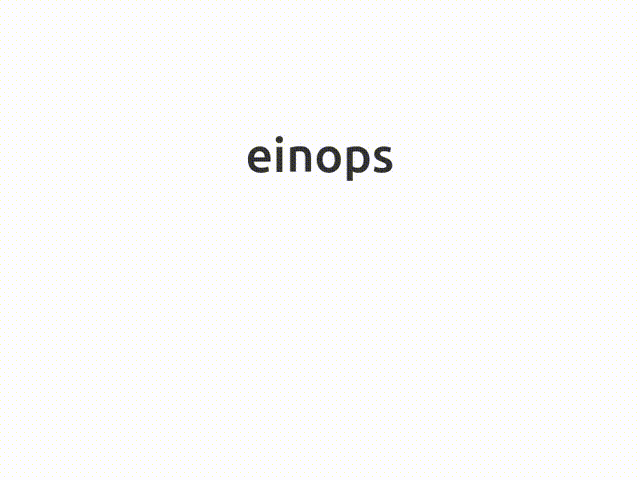Author Archives: Aishwarya Verma
Transfer Learning methods are primarily responsible for the breakthrough in Natural Learning Processing(NLP) these days. It can give state-of-the-art solutions by using pre-trained models to save us from the high computation required to train large models. This post gives a brief overview of DistilBERT, one outstanding performance shown by TL on natural language tasks, using…
The post Python Guide to HuggingFace DistilBERT – Smaller, Faster & Cheaper Distilled BERT appeared first on Analytics India Magazine.
Autonomous Vehicles(AV) are changing the future of transportation. Lyft, a ride sharing company, has taken self-driving to another level. They believe that self-driving cars can make transportation safer, eco-friendly and easily available to everyone. The framework proposed by lyft is for developing learning-based solutions to prediction, planning and simulation problems in self-driving. The goal of…
The post How Lyft’s Library for Self-driving Simulation works appeared first on Analytics India Magazine.
Ever since Google has publicised Tensorflow, its application in Deep Learning has been increasing tremendously. It is used even more in research and production for authoring ML algorithms. Though it is flexible, it does not provide an end-to-end production system. On the other hand, Sibyl has end-to-end facilities but lacks flexibility. Google then came up…
The post Guide to TensorFlow Extended(TFX): End-to-End Platform for Deploying Production ML Pipelines appeared first on Analytics India Magazine.
Dragonfly, an open-source python framework for scalable and robust Bayesian optimization, is developed by researchers from Carnegie Mellon University, Pittsburgh : Kirthevasan Kandasamy, Karun Raju Vysyaraju, Willie Neiswanger, Biswajit Paria, Christopher R. Collins, Jeff Schneider, Barnabas Poczos, Eric P. Xing. The paper was submitted to Journal of Machine Learning Research in April 2020 titled “…
The post Guide to Scalable and Robust Bayesian Optimization with Dragonfly appeared first on Analytics India Magazine.
Dragonfly, an open-source python framework for scalable and robust Bayesian optimization, is developed by researchers from Carnegie Mellon University, Pittsburgh : Kirthevasan Kandasamy, Karun Raju Vysyaraju, Willie Neiswanger, Biswajit Paria, Christopher R. Collins, Jeff Schneider, Barnabas Poczos, Eric P. Xing. The paper was submitted to Journal of Machine Learning Research in April 2020 titled “…
The post Guide to Scalable and Robust Bayesian Optimization with Dragonfly appeared first on Analytics India Magazine.
Once the AI/ML model is built, researchers spend a considerable amount of time to come up with different parameters on which that model should be evaluated. Evaluation methods are problem-specific. Recently, Stanford University along with Salesforce Research and UNC-Chapel Hill has proposed a system for the evaluation of NLP pipelines, commonly referred to as Robustness…
The post Guide to Robustness Gym: Unifying the NLP Evaluation Landscape appeared first on Analytics India Magazine.
OpenChat is an open-source python framework for chatting. It is based on generative models and capable of talking with AI with only one line of code. Currently, it supports two models : DialomGPT : [small, medium, large] proposed in DialoGPT: Large-Scale Generative Pre-training for Conversational Response Generation by Yizhe Zhang, Siqi Sun, Michel Galley, Yen-Chun…
The post A Brief Overview of OpenChat: Open Source Chatting Framework for Generative Models appeared first on Analytics India Magazine.


Einops, an abbreviation of Einstein-Inspired Notation for operations is an open-source python framework for writing deep learning code in a new and better way. Einops provides us with new notation & new operations. It is a flexible and powerful tool to ensure code readability and reliability with minimalist yet powerful API. Supported Frameworks numpy pytorch…
The post Reinventing Deep Learning Operation Via Einops appeared first on Analytics India Magazine.
This post is in continuation with our previous article about Alchemy, the very first benchmark on meta-Reinforcement Learning. Deepmind with the University of London has released an open-source benchmark environment for meta-RL : Alchemy: A structured task distribution for meta-reinforcement learning by Jane X. Wang, Michael King, Nicolas Porcel, Zeb Kurth-Nelson, Tina Zhu, Charlie Deck,…
The post Hands-on Alchemy: A Structured Task Distribution for Meta-Reinforcement Learning appeared first on Analytics India Magazine.
PyTorch Geometric Temporal is a temporal extension of PyTorch Geometric(PyG) framework, which we have covered in our previous article. This open-source python library’s central idea is more or less the same as Pytorch Geometric but with temporal data. Like PyG, PyTorch Geometric temporal is also licensed under MIT. It contains many dynamic and temporal state-of-the-art…
The post PyTorch Geometric Temporal: What Is it & Your InDepth Guide appeared first on Analytics India Magazine.

